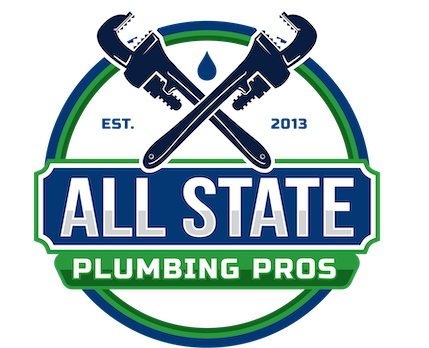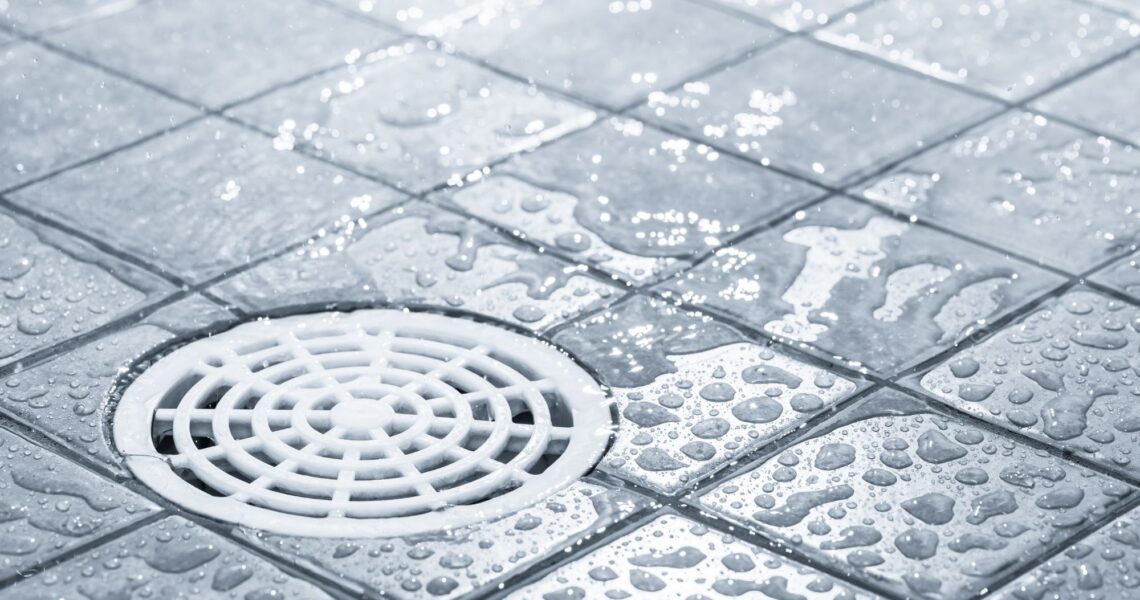How to Fix a Slow Drain in Shower: DIY and Pro Solutions
A slow drain in the shower is more than just a minor annoyance. Water pooling around your feet can make showers unpleasant and may lead to mold growth, foul odors, and even long-term damage to your plumbing system if left untreated. Slow shower drains are often caused by hair clogs, soap scum buildup, or debris blocking the shower trap and pipes, but they can also be a sign of deeper plumbing issues. In this blog post, we’ll explain the most common causes, show you how to fix a slow shower drain using effective DIY and professional methods, and share tips to prevent future clogs from forming.
What Causes a Slow Shower Drain?
A slow shower drain is usually caused by a partial blockage in the shower trap or pipe that restricts water flow. Hair clogs mixed with soap scum, dirt, and debris often accumulate over time, leading to standing water and slow drainage.
Identifying the root cause is crucial. While many slow shower drains result from hair buildup, mineral deposits from hard water, or small objects lodged in the drain can also be factors. In some cases, a slow drain can signal a bigger plumbing issue, such as a blocked main pipe or a damaged plumbing system. Addressing the problem promptly prevents further damage and costly repairs.
DIY Solutions for a Slow Shower Drain
Before calling a plumber, try a few simple DIY fixes. These solutions are inexpensive, straightforward, and often effective for minor clogs.
Use a Plunger
A plunger can help dislodge minor clogs and restore water flow. To use it effectively:
- Fill the shower with enough water to cover the plunger’s rubber cup.
- Place the plunger over the drain to create a tight seal and push down firmly.
- Pull up quickly, repeating several times to break up the clog.
This method uses air pressure to loosen and flush debris through the pipes.
Try a Drain Snake
A drain snake, also called a plumber’s snake or auger, is designed to access deeper clogs. Feed the flexible cable into the drain and rotate the handle clockwise to hook onto hair and other debris. Once you feel resistance, pull it back out carefully to avoid damage to the pipes.
This method is especially useful for stubborn blockages that plungers can’t break up.
Flush with Boiling Water
Pouring boiling water down the drain can dissolve soap scum and loosen minor clogs. Always pour slowly in stages to allow the heat to break down the buildup effectively. Avoid this method if you suspect your pipes are made from materials that can warp or melt when exposed to high heat.
Install or Clean the Drain Cover
Remove the drain cover to clear visible debris and hair buildup. Installing a drain screen can also catch hair and dirt before they enter the plumbing system, helping you avoid future slow drains.
Natural Cleaning Methods
Chemical drain cleaners may offer a quick fix, but they can corrode pipes and harm the environment. Instead, consider these natural alternatives:
Baking Soda and Vinegar
Pour 1/2 cup of baking soda into the drain, followed by 1 cup of vinegar. The fizzing reaction helps break down clogs. Cover the drain and let the mixture sit for at least 30 minutes before flushing with hot water.
This method is effective for minor clogs and can be used regularly as a preventive measure.
Hot Water Flush
A regular hot water flush can help keep pipes clear of buildup. Pouring hot (but not boiling) water down the drain once a week can dissolve small amounts of soap scum and other debris, maintaining good water flow.
Natural alternatives are safer for your plumbing system and protect your pipes from potential damage that chemical cleaners can cause.
Advanced Solutions for Stubborn Clogs
If DIY and natural methods don’t solve the problem, more advanced techniques may be necessary.
Use a Professional-Grade Drain Snake
A professional-grade drain snake can reach deeper into pipes than the consumer versions sold at hardware stores. These tools can clear stubborn blockages that have built up over time.
Chemical Drain Cleaners (Use as a Last Resort)
If you choose to use a chemical drain cleaner, read and follow the instructions carefully. These products can damage pipes and harm your plumbing system if misused. Avoid combining different types of cleaners, as this can produce toxic fumes.
Call a Professional Plumber
When the clog is severe or recurring, it’s best to call a professional plumber. They have specialized equipment, such as hydro-jetting tools and camera inspection systems, to remove blockages safely and inspect for deeper plumbing issues.
Preventing Future Slow Shower Drains
Preventive maintenance is the best way to avoid clogs and a slow-draining shower. Small changes in your habits and routine can keep your shower flowing freely.
- Clean the drain cover and trap regularly to remove hair and soap scum.
- Install a drain screen or filter to catch debris before it enters the plumbing.
- Limit the use of excessive hair products and bar soap, which contribute to buildup.
- Schedule routine plumbing maintenance to catch potential issues early.
By incorporating these practices, you can reduce the risk of clogs and extend the lifespan of your plumbing system.
When to Call a Professional Plumber
If your DIY efforts fail or your shower drain remains slow despite cleaning, it’s time to call a professional plumber. Persistent clogs may be a sign of a larger issue, such as a blocked main drain line or damaged pipes.
A plumber can:
- Conduct a thorough inspection of the plumbing system
- Use advanced tools to clear deep blockages
- Provide maintenance tips to prevent future issues
Hiring a professional can save you from further damage and costly repairs down the line.
Conclusion
A slow shower drain is usually a sign of hair, soap scum, and debris buildup, but it can also indicate more serious plumbing problems. Simple DIY methods like plunging, using a drain snake, or natural cleaners like baking soda and vinegar can often resolve minor clogs. However, persistent slow drains may require professional help to ensure your plumbing system remains in good condition.
Dealing with a slow drain in the shower that just won’t clear? Don’t wait until it becomes a bigger problem. All State Plumbing Pros are available 24/7 to tackle any clog in your shower, sink, or main drain line. Our licensed plumbers use professional-grade equipment to restore proper water flow quickly and safely. Call us today for prompt, reliable drain cleaning service in Connecticut and New York.
FAQs
How do you fix a slow shower drain?
Start by removing visible debris from the drain cover, then use a plunger to dislodge minor clogs. If the drain is still slow, try a drain snake to pull out hair and buildup, or use baking soda and vinegar followed by hot water. Persistent issues may require a plumber.
What do plumbers recommend for slow drains?
Most plumbers recommend avoiding chemical drain cleaners because they can damage pipes. Instead, they suggest mechanical methods like drain snakes or hydro-jetting for stubborn blockages, and regular maintenance like cleaning the drain cover to prevent future clogs.
What will dissolve hair in a drain?
Baking soda and vinegar can help break down hair clogs naturally. For severe blockages, a plumber may use enzymatic drain cleaners or professional-grade tools to dissolve and remove the hair without harming the pipes.
Why does my shower water take a long time to drain?
Shower water drains slowly when hair, soap scum, or other debris partially block the drain. Mineral buildup or a blocked vent pipe can also cause slow drainage. If cleaning the drain doesn’t help, a professional inspection may be necessary to find the root cause.

